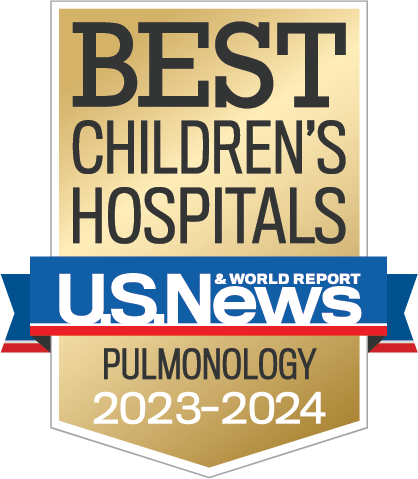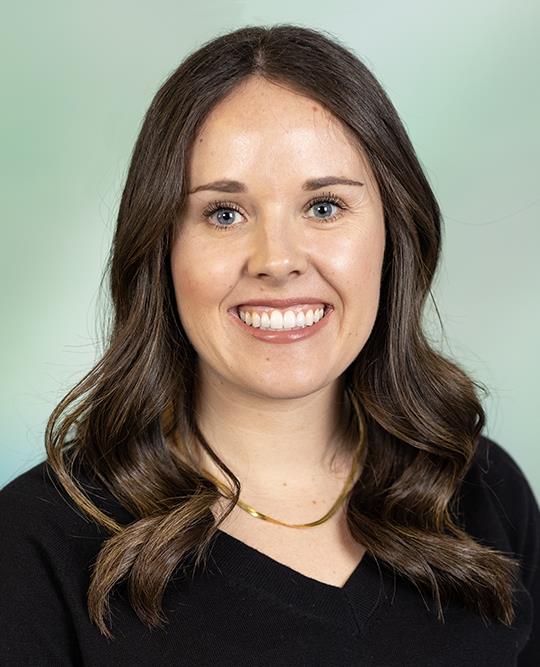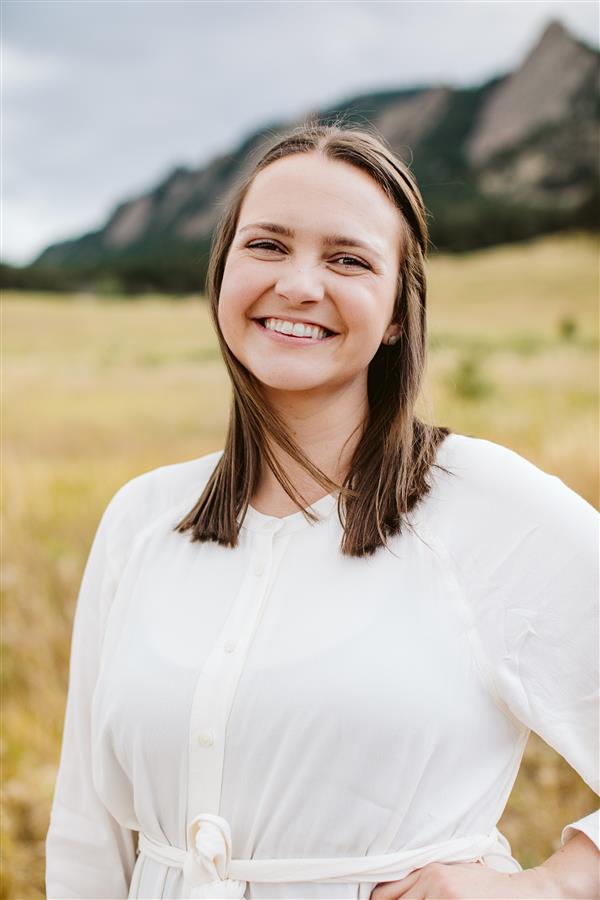- Doctors & Departments
-
Conditions & Advice
- Overview
- Conditions and Symptoms
- Symptom Checker
- Parent Resources
- The Connection Journey
- Calm A Crying Baby
- Sports Articles
- Dosage Tables
- Baby Guide
-
Your Visit
- Overview
- Prepare for Your Visit
- Your Overnight Stay
- Send a Cheer Card
- Family and Patient Resources
- Patient Cost Estimate
- Insurance and Financial Resources
- Online Bill Pay
- Medical Records
- Policies and Procedures
- We Ask Because We Care
Click to find the locations nearest youFind locations by region
See all locations -
Community
- Overview
- Addressing the Youth Mental Health Crisis
- Calendar of Events
- Child Health Advocacy
- Community Health
- Community Partners
- Corporate Relations
- Global Health
- Patient Advocacy
- Patient Stories
- Pediatric Affiliations
- Support Children’s Colorado
- Specialty Outreach Clinics
Your Support Matters
Upcoming Events
Colorado Hospitals Substance Exposed Newborn Quality Improvement Collaborative CHoSEN Conference (Hybrid)
Monday, April 29, 2024The CHoSEN Collaborative is an effort to increase consistency in...
-
Research & Innovation
- Overview
- Pediatric Clinical Trials
- Q: Pediatric Health Advances
- Discoveries and Milestones
- Training and Internships
- Academic Affiliation
- Investigator Resources
- Funding Opportunities
- Center For Innovation
- Support Our Research
- Research Areas

It starts with a Q:
For the latest cutting-edge research, innovative collaborations and remarkable discoveries in child health, read stories from across all our areas of study in Q: Advances and Answers in Pediatric Health.


Sleep
Sleep Disorders in Children
Parents and caregivers know their kids best. That’s why we put families at the center of every care team.

What are sleep disorders?
Sleep disorders are conditions that make it difficult for children to get enough rest or that cause excessive sleepiness. Childhood sleep disorders affect school performance by causing decreased attention, learning, memory and focus. Additionally, sleep disorders can affect a child’s behavior, causing irritability and hyperactivity.
Pediatric sleep conditions include:
- Obstructive sleep apnea
- Insomnia
- Central sleep apnea
- Hypoventilation
- Circadian rhythm sleep disorders
- Narcolepsy
- Parasomnias
- Rhythmic movement disorder
- Restless legs syndrome
- Periodic limb movement disorder
What causes sleep disorders?
- Obstructive sleep apnea (OSA) is defined as pauses in breathing that frequently occur with snoring or gasping. An obstruction of the airway caused by enlarged tonsils and adenoids and/or obesity is often the cause of OSA. Conditions related to decreased muscle tone or craniofacial abnormalities seen in Down syndrome or in children with nasal obstruction can also cause the condition. We use an overnight sleep study to diagnose OSA.
- Insomnia is trouble falling asleep or staying asleep. It can be caused by poor sleep habits and routines. Sometimes insomnia is caused by conditions such as obstructive sleep apnea or restless leg syndrome. The first line of treatment for insomnia is the use of cognitive behavioral strategies to change habits and behaviors and relearn how to fall asleep and stay asleep.
- Central apnea occurs when the part of the brain that controls breathing doesn't properly maintain the breathing process. It is fairly common in very premature infants because the respiratory center in the brain is immature.
- Hypoventilation is inadequate breathing or ventilation at night. It can lead to abnormal blood gas levels (the amount of oxygen and carbon dioxide in the bloodstream). Hypoventilation in children is typically associated with conditions such as obesity or muscular dystrophy.
- Circadian rhythm sleep disorders cause a child or teenager to sleep at late or irregular times. This occurs when their internal body clock is disrupted. Teenagers commonly have delayed sleep phase and are late to bed and late to rise.
- Narcolepsy is a sleep disorder characterized by excessive sleepiness, dream-like activity while awake and a sudden loss of muscle tone.
- Parasomnias are disorders that cause unusual or abnormal behaviors while falling asleep, sleeping or waking up. They include sleepwalking, night terrors and confusional arousals. Confusional arousals can cause your child to act strangely or confused as they wake up or just after waking up.
- Rhythmic movement disorder involves some type of rocking, rolling or head banging. For most children, it is a soothing way to fall asleep and of no concern.
- Restless leg syndrome is a condition that causes a strong urge to move the legs. In some cases, restless leg syndrome runs in families. An important chemical in the brain called dopamine that helps control motion may be low in children with restless leg syndrome. It may also be related to low iron levels in the brain. Iron is required for proper dopamine activity.
- Periodic limb movement disorder causes frequent twitching or movements of the legs or feet during sleep. These frequent movements can interrupt sleep and lead to daytime sleepiness.
What are the signs and symptoms of sleep disorders?
Excessive daytime tiredness, inability to focus, hyperactivity and irritability can be signs of poor sleep in children. Other signs and symptoms of sleep disorders include:
- Snoring (the most common) followed by pauses or gasping
- Labored breathing while sleeping
- Very restless sleep and sleeping in unusual positions
- Daytime sleepiness or behavioral problems
- Bed wetting
- Unusual or abnormal behaviors while falling asleep, sleeping or waking up
- Failure to thrive or not gaining weight appropriately
What tests are used to diagnose sleep disorders?
There are dozens of causes for excessive sleepiness, sleep-disordered breathing, insomnia and movement problems during sleep. To diagnose a sleep disorder, your child's doctor will perform a physical exam and ask about your child's sleeping patterns, medical history and symptoms. Your child's doctor may ask you to keep a sleep diary or sleep log to help diagnose sleep phase problems and insomnia. Based on this information, your child's doctor may order further testing or consult with our team of multidisciplinary experts in sleep, breathing and behavior.
We may also order a sleep study, which is called a polysomnogram. It is an overnight test that we perform in the Breathing Institute's Sleep Program here at Children's Hospital Colorado. It records different sleep stages to see if there are problems in your child’s sleep or breathing.
The polysomnogram will monitor your child's brain waves, heart rate, breathing and muscle activity using sensors. We place these sensors on your child's head, chin, legs, chest and near the eyes. The sensors are painlessly secured to the skin with gel, tape or special mesh netting.
The hook-up process can take 1 to 1.5 hours. During the process, you may read bedtime stories or watch a video. "Lights out" designates bedtime when all entertainment ends and the sleep recording begins. When your child is scheduled for a sleep study, we will send you a packet of information about two weeks before the study.
How are sleep disorders treated?
The treatment for your child's sleep disorder depends on the type of disorder and the cause. Breathing disorders may require medical therapy, oxygen or surgery to improve breathing during sleep. Other disorders benefit from cognitive behavioral strategies to improve sleep.
Occasionally, children need machines to help with breathing during sleep. One machine that is commonly used is called continuous positive airway pressure (CPAP). A CPAP machine is used to treat obstructive sleep apnea by providing a flow of positive-pressure air through a mask to open the upper airway while the child is asleep. The goal of CPAP is to enable the child to have regular or normal breathing, eliminate snoring and restore normal sleep patterns. Some children may need help feeling comfortable with PAP treatment. We have a desensitization program called STARS (Steps Towards Achieving Restful Sleep) for these children at the Anschutz Campus.
STARS Program Steps Toward Achieving Restful Sleep (STARS) teaches children to feel comfortable with PAP masks and air pressure, oxygen cannulas and overnight sleep studies. STARS/desensitization training is usually completed in 2 to 3 visits:
- First visit: Parents/guardians will attend this 90-minute class to learn about STARS/desensitization. Parents/guardians must complete this class before the follow-up visit(s) can be scheduled. Free childcare may be available. Please call 720-777-6489 before your appointment.
- Second visit: This 25-minute visit will be for the patient and parent/guardian. We usually work on the mask, cannula or sleep study sensations during this visit. Check in on the 4th floor in the Sleep Lab.
- Third visit: If needed, this visit is also for the patient and parent/guardian. We usually work on air pressure, oxygen flow or more sleep study sensations during this visit. Check in on the 4th floor in the Sleep Lab.
For STARS/desensitization questions, please call 720-777-1805. For scheduling questions, please call 720-777-6181.
Why choose us for treatment of your child's sleep disorder?
Children's Colorado's Sleep Center provides comprehensive clinics to evaluate children’s sleep and to make appropriate treatment recommendations so the entire family can return to a normal night of sleep. Our team includes experts such as pulmonologists, neurologists, sleep psychologists, nurse practitioners and physician assistants with extensive experience diagnosing and treating infants, children and adolescents with sleep problems.
Children with sleep problems often have other medical problems. That is why the multidisciplinary approach to care at Children's Colorado is so important when successfully solving sleep problems. The Sleep Center team works closely with other teams within the hospital, including pulmonary medicine, otolaryngology (ear, nose, throat/ENT), neurology and adolescent medicine specialists to form a comprehensive treatment plant that addresses every aspect of the sleep disorder.
- The National Sleep Foundation provides information on healthy sleep as well as sleep disorders.
- The American Academy of Sleep Medicine (AASM) is the only professional society dedicated exclusively to the medical subspecialty of sleep medicine.
- The Society for Behavioral Sleep Medicine is an organization focused on behavioral and psychological approaches to the prevention and treatment of sleep disorders.
- The Pediatric Sleep Council offers expert information and advice on baby and toddler sleep.
Next steps
-
Would you like to learn more about us?
Learn more about the Sleep Program -
Do you have questions about your child’s condition?
720-777-6181 -
Are you ready to schedule an appointment?
Schedule an appointment
Get to know our pediatric experts.

Lindsey Wendel, CPNP-PC
Certified Pediatric Nurse Practitioner

Chelsea Hartman, CPNP-AC/PC
Certified Pediatric Nurse Practitioner, Certified Pediatric Nurse Practitioner
Patient ratings and reviews are not available Why?


Mark Brown, MD
Pulmonology - Pediatric, Pediatrics



 720-777-0123
720-777-0123



